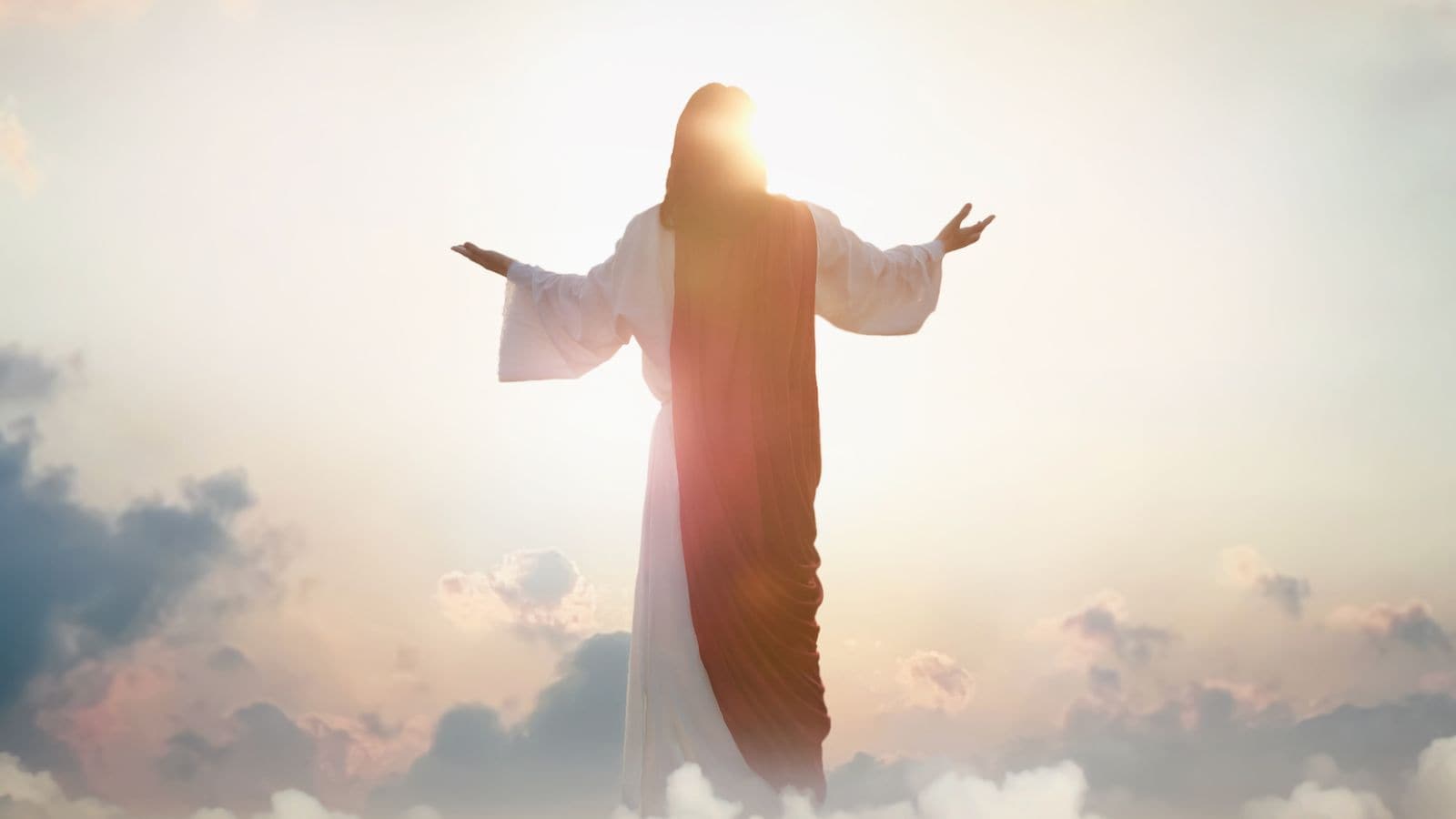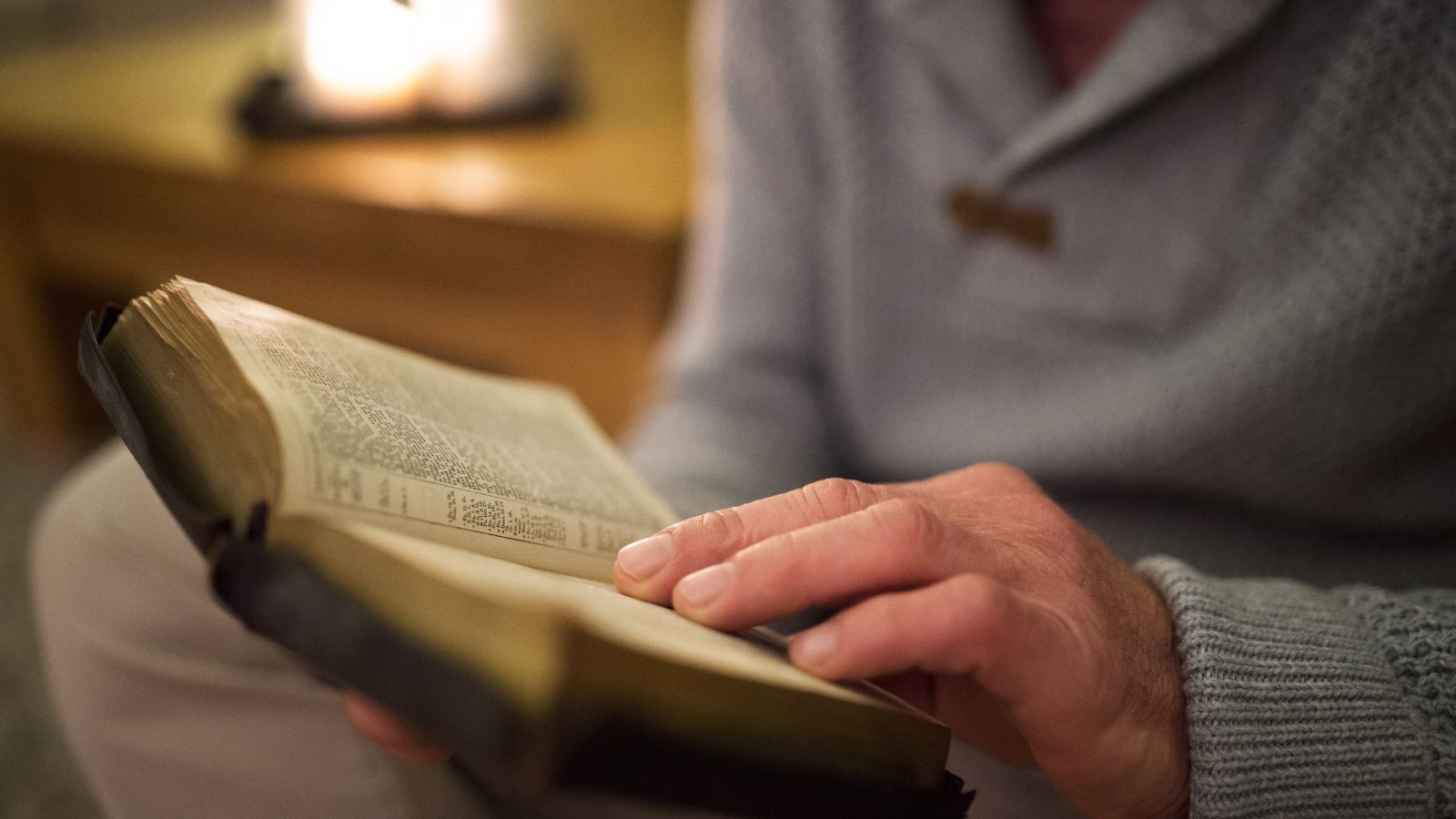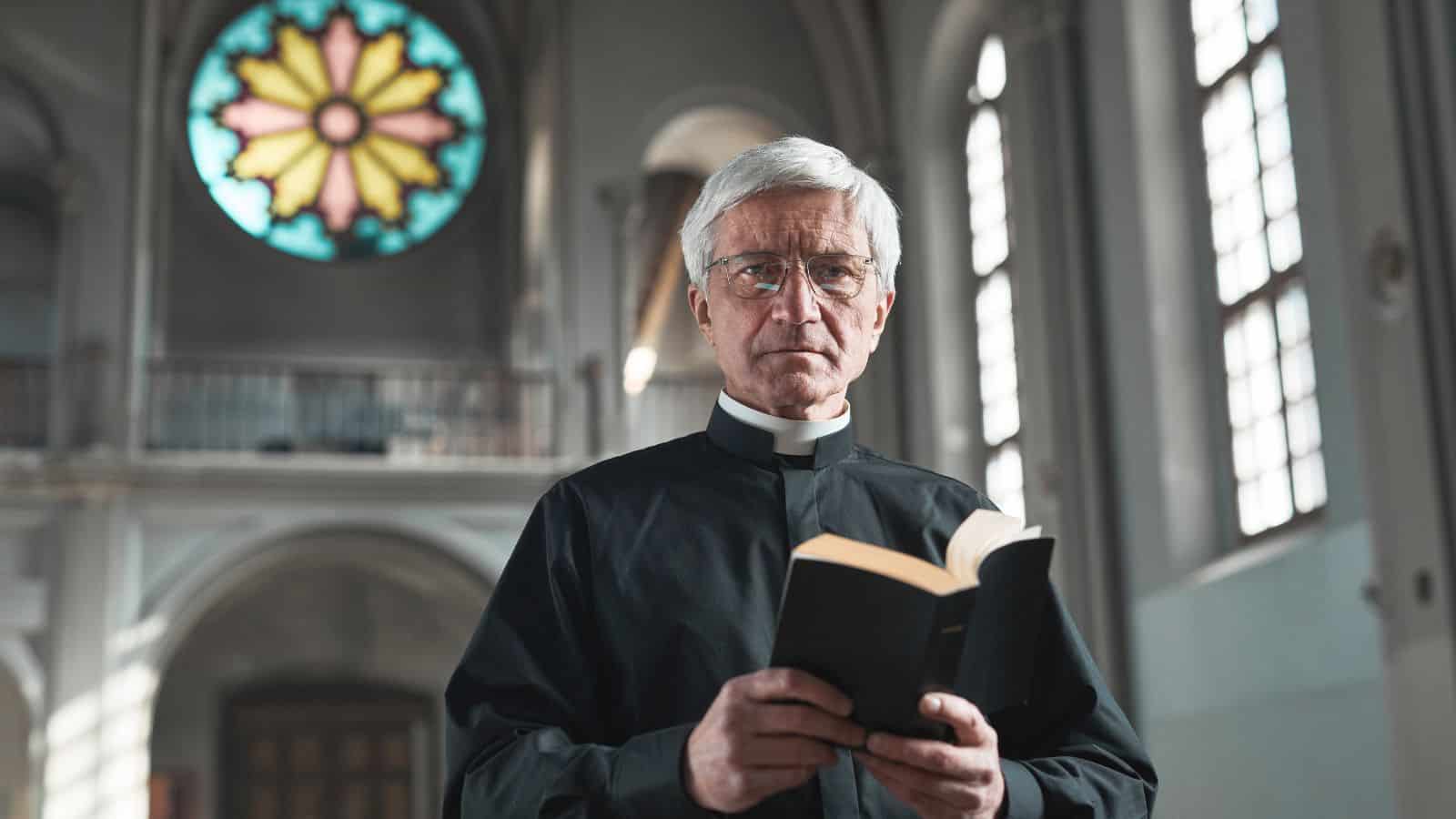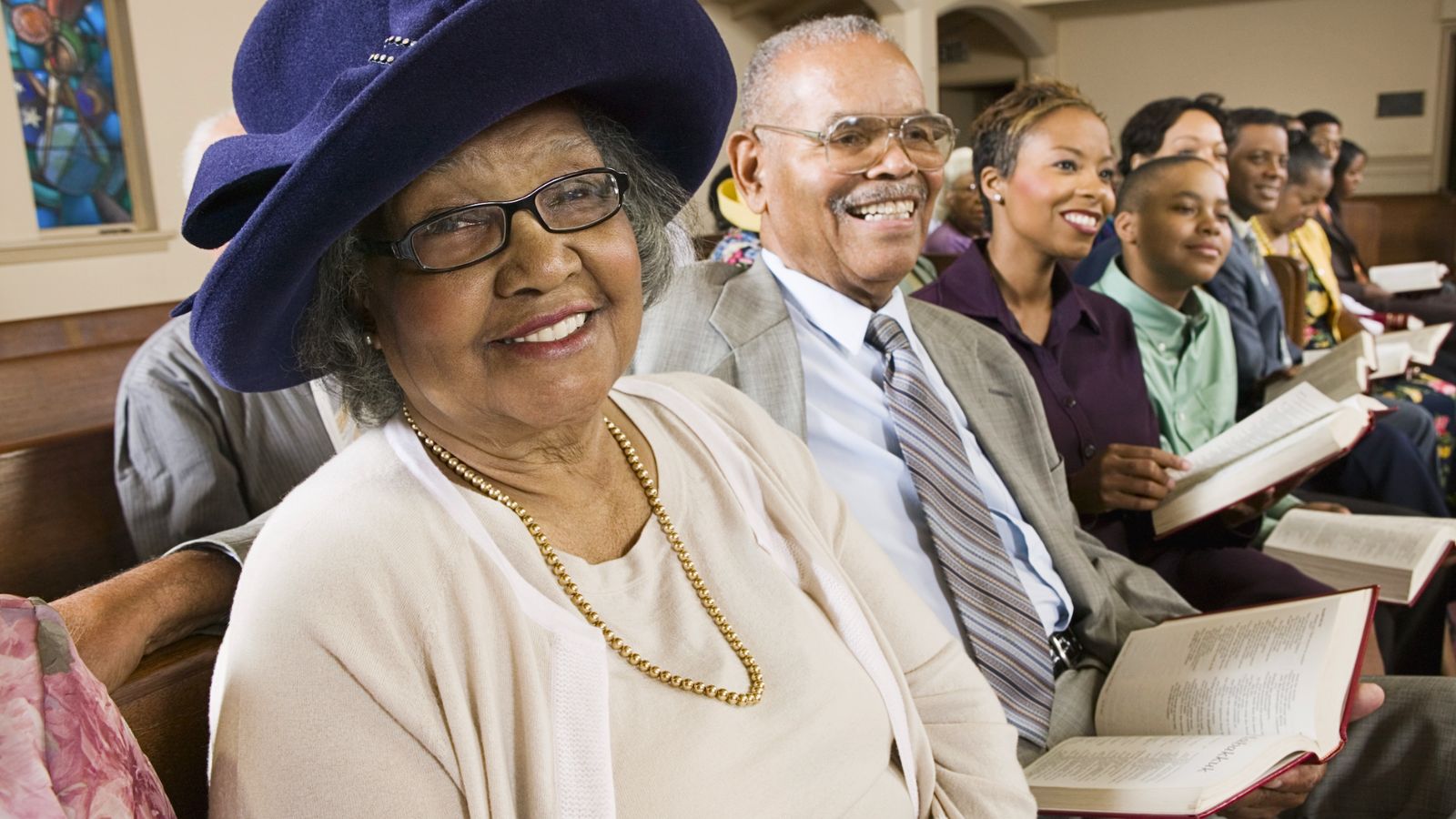Catholicism and Protestantism have some similarities and differences; both are major denominations of Christianity. Some Protestants believe common myths about Catholics, including that they worship Mary, reject the Bible in favor of traditions, and can sin endlessly as long as they go to confession. Here are 17 of the most common myths about the Catholic Church.
The Nature of Salvation

Some Protestants believe that Catholics can earn their way to heaven through good works, not faith alone. But as Our Sunday Visitor points out, it is more complicated than that: “Catholics believe that true faith in Jesus Christ naturally leads to actions on behalf of others, and those two things in tandem lead to salvation.”
The Authority of the Pope

Catholic Voices explains that papal infallibility should not be confused with the inability to sin or impeccability. Catholics believe that all people, including the Pope, are sinners, while papal infallibility means “that a belief held since the early church by Christians can be formally pronounced and defined by a Pope, by virtue of his office as supreme shepherd and teacher of all the faithful.”
The Veneration of Mary

Protestants often hold the misconception that Catholics worship Mary. But as the Diocese of Brooklyn states, “Catholics honor (or venerate) the Blessed Mother; they do not worship her.” Worship in Catholicism is for God alone.
The Use of Statues and Icons

Catholics use statues of saints and Mary and icons, like a crucifix or rosemary, to aid in prayer. These statues are not worshiped. The BBC explains that they “help to focus a person’s mind on an aspect of prayer or worship.”
The Sacrament of Confession

During confession, Catholics confess their sins to a priest. Many Protestants think they are not confessing to God, but this is a misconception. Good Catholic clears up the confusion, explaining that Jesus set this method up and that “by confessing our sins to Jesus’s minister, His personal representative, we are confessing our sins to God through His priest whom He commissioned for this very purpose.”
The Concept of Purgatory

Catholic Answers uses the Catechism of the Catholic Church’s definition of purgatory: a “purification, so as to achieve the holiness necessary to enter the joy of heaven,” experienced by people “who die in God’s grace and friendship, but [are] still imperfectly purified.” Purgatory is a process of purification for those going to heaven.
The Eucharist

The Eucharist, or communion, is not only symbolic in Catholicism. Catholics believe that with bread and wine, they are receiving Christ’s body and blood, bringing them closer to God and nourishing them spiritually.
The Role of Tradition

While Protestants believe that the Bible is the only rule of faith, Catholics also value tradition. Catholic Answers argues that Catholicism recognizes “that the true ‘rule of faith’—as expressed in the Bible itself—is Scripture plus apostolic tradition.” The two are complementary parts of the same whole.
The Canon of Scripture

Catholic Bibles feature seven more books in the Old Testament than Protestant Bibles. Some Protestants believe that Catholics added these deuterocanonical books, but Catholic Link argues that Martin Luther removed the books from Protestant Bibles because “he didn’t like what they supported, and they supported Catholic teaching (i.e., Purgatory).”
The Practice of Celibacy

Aside from the permanent diaconate, all clergy in the Catholic Church are mandated to be celibate. Celibacy is seen as a gift and a discipline, not a mandate for all Catholics. Catholic Voices says, “God blesses humanity’s sexuality on the sixth day of creation in Genesis 1:28.”
The Crusades

The Crusades are often oversimplified and misunderstood. Catholic Answers dispels what it views as Steven Runciman’s erroneous portrayal of the Crusades as a barbaric invasion and argues that they were in retaliation to the Islamic conquering of Christian lands.
The Issue of Indulgences

Indulgences cannot “buy” Catholics forgiveness and help them avoid going to hell. They are temporary remissions from God, who has already forgiven the sinner; they cannot be bought for sins that have yet to be committed.
The Concept of Infallibility

Britannica defines papal infallibility as “the doctrine that the Pope, acting as supreme teacher and under certain conditions, cannot err when he teaches in matters of faith or morals.” The concept also applies to bishops when they teach doctrine.
Intercession

Catholic Identity defines intercession as “prayers of petition in which Christians intercede for the needs of others (e.g., the community, the church, the world, leaders) as well as for themselves.” Catholics often ask saints for intercession, which doesn’t detract from Christ’s mediating role.
The Anointing of the Sick

Some Protestants believe that the anointing of the sick in Catholicism is only for those at the point of death. Those who are sick receive this sacrament, not only the terminally ill. The sacrament has its foundation in James 5:14–15.
The Role of Women in the Church

Protestants may think that the Catholic Church oppresses women because they are not allowed to be priests. Catholics believe men and women are equal in God’s eyes and were created as equal, complementary partners.
Ecumenism and Interfaith Dialogue

Oxford Languages defines ecumenism as “the principle or aim of promoting unity among the world’s Christian Churches.” Some believe the Catholic Church is not interested in ecumenism or interfaith dialogue, but modern popes have consistently emphasized their importance.
Read More: 18 Misunderstood Acts The Bible Says Aren’t Actually Sins

People tend to assume that the Bible condemns a wide array of behaviors, but the reality might surprise you. Here, we zoom in on 18 so-called “sins” that may not be as bad as we thought.
18 Misunderstood Acts The Bible Says Aren’t Actually Sins
The Boomers Called It: 19 Stupid Trends That Backfired

Sometimes, we get carried away with trends that we think are cool at the time, only to realize later how utterly ridiculous they were. Join us as we take a cringe-worthy trip down memory lane and explore 19 stupid trends that backfired. Prepare for some facepalms!
The Boomers Called It: 19 Stupid Trends That Backfired
18 Reasons Why No One Is Interested in Working Anymore

The concept of traditional employment has taken a back seat in recent times with changes in economic and social factors, as well as individual preferences. Traditional jobs have also evolved, and many people don’t feel the need to take this route anymore. These are 18 reasons why no one is interested in working anymore.
18 Reasons Why No One Is Interested in Working Anymore
21 Things That Will Be Lost Forever When The Boomer Generation is Gone

Baby boomers grew up in a vastly different culture, so they have what younger generations consider strange habits. An internet survey recently asked, “What will die with boomers?” Here are the top 22 answers.
21 Things That Will Be Lost Forever When The Boomer Generation is Gone
18 Common Phrases That Signals Support for Trump

Understanding the unique language of politics, particularly among Trump supporters, can provide valuable insights into the nation’s current state. Here’s a deeper look into 17 phrases you’ll likely only hear from this demographic.
